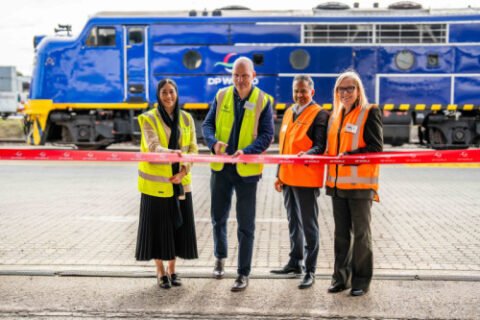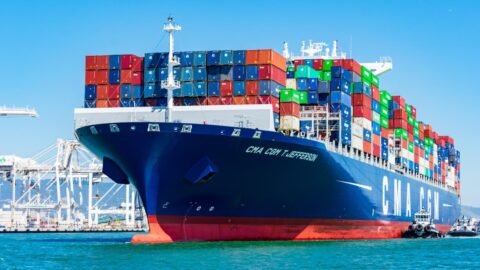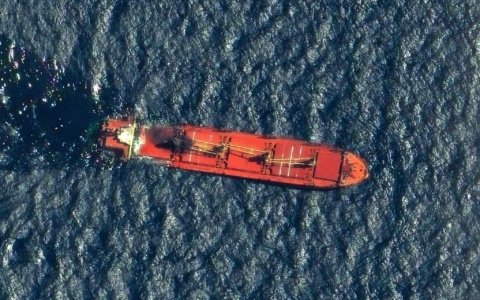The Maritime and Port Authority of Singapore (MPA) announced on May 30 that operations at shuttered container terminals in the city-state’s downtown have been temporarily resumed to alleviate the backlog of ships queuing to dock in the world’s second-busiest port. This decision comes as Singapore faces significant increases in container volumes and vessel arrivals due to supply chain disruptions upstream.
Between January and April, Singapore processed 13.36 million TEU, marking a nearly 9% increase compared to the same period last year. However, more off-schedule boxship arrivals and the surge in container volumes have led to longer wait times for vessels seeking a berth. While port operator PSA has collaborated with liners to adjust arrival schedules where possible, the average waiting time for container vessels remains about two to three days, though some estimates suggest ships have had to wait up to five days.
The increased demand for container handling in Singapore has prompted container lines to discharge more containers in the port, foregoing subsequent voyages to catch up on schedules. Additionally, container lines are leveraging PSA’s cargo handling capabilities to manage container stowage onboard vessels, facilitating expeditious cargo discharge for subsequent port calls.
Since late 2023, when the Red Sea crisis rerouted vessels round the Cape of Good Hope, MPA and the Ministry of Transport (MOT) have been collaborating with PSA to prepare for increased ship arrivals. The reopening of the previously defunct Keppel Terminal allows PSA to increase weekly container handling capacity from 770,000 TEU to a total of 820,000 TEU. Moreover, three new berths in Tuas Port will commence operations later this year, further boosting overall port handling capacity. PSA aims to expedite the commissioning of these new berths to increase container handling capacity in the near term. MPA and PSA are closely coordinating with mainline operators and regional feeder operators to update them on berth availability and minimise delays in berthing.







